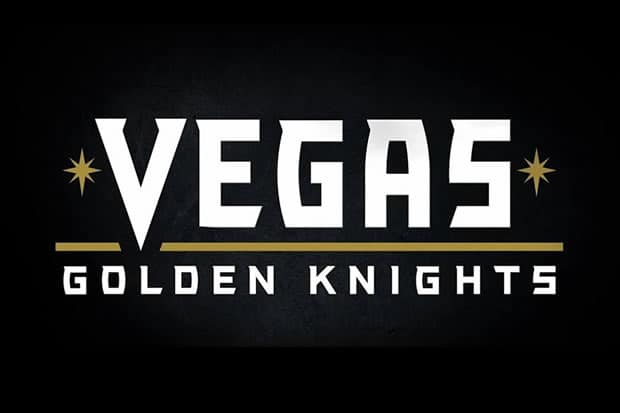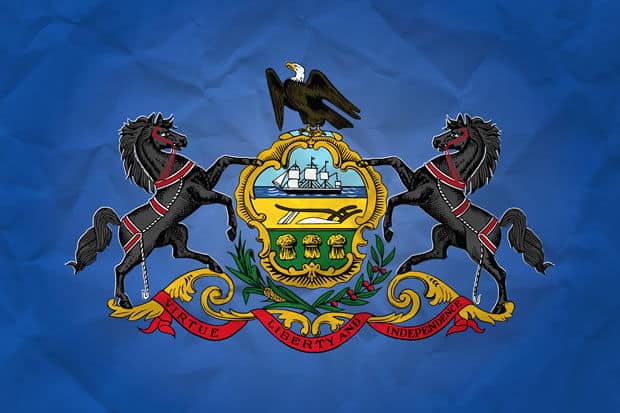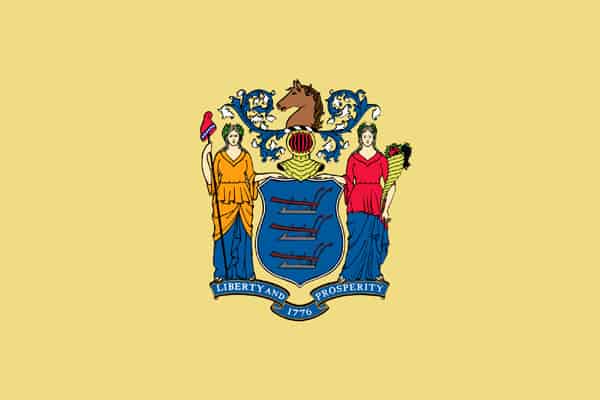Grover Norquist and Lawson Bader and other conservative advocates joined together to stop Congress from banning US based internet gambling associated with US online poker and casinos, through the “Restore America’s Wire Act”. These efforts were conducted using a coalition letter signed by many officials. The letter stated that the purpose of this bill was to remove the 10th amendments authority to regulate online gambling as states feel is necessary. The letter went on to discuss their hopes that RAWA would not become another instance where the government took over the states’ rights to make decisions they are capable of making. It was made clear in the letter that they were opposed to this legislation, since they feel it takes away rights that should be afforded to the state. They feel the states should be entrusted with regulating the gambling that goes on within their territories.
NHL’s Vegas Franchise Breaks Ice On Sports Betting
The NHL stirred up a bit of controversy by becoming the first major professional sports league to launch a franchise in Las Vegas. The Golden Knights are set to enter the league with the 2017-2018 season and a new Sports Illustrated article has revealed the NHL will allow the franchise to have sponsorship deals with …



